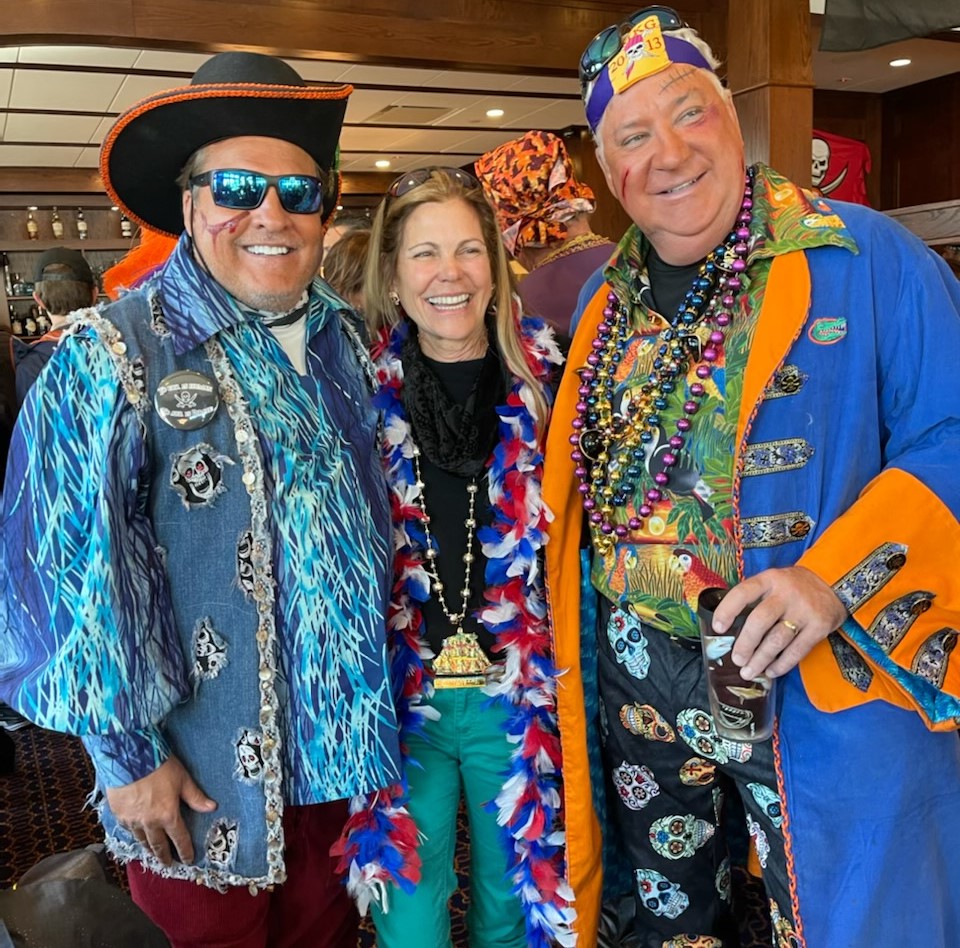In Paskoff v. Avatar Property & Casualty Insurance Company,1 a matter handled by my Merlin Law Group colleague, Shaun Marker, Avatar’s CEO visited the insured property and conversed with Ms. Paskoff about her loss. In subsequent litigation, Mr. Marker naturally wished to depose Avatar’s CEO regarding the CEO’s property visit and interactions with Ms. Paskoff. Mr. Marker filed a motion to compel the deposition of the CEO.
In its opposition to the motion to compel, Avatar argued that its CEO was not trained or experienced in the adjustment of claims and inspected the subject property merely to “foster good will” with Ms. Paskoff while he was in the Boca Raton area “tending to other business matters.” Avatar also nakedly argued that Mr. Marker’s efforts to depose its CEO were aimed at “annoy[ing] and harass[ing].”
The Court did not buy into Avatar’s opposition, granting the motion to compel Avatar’s CEO’s deposition.2 The valuable lessons to be learned and / or underscored?
First, discovery standards are not the same as admissibility standards. At the admissibility stage, judges determine (usually in connection with motions in limine) what evidence will (or can) make its way to the jury, and relevance is a main component of this determination. The discovery provisions of the Florida Rules of Civil Procedure, however, are more relaxed, allowing parties to fully develop and crystallize concise factual issues for trial.3 As such, they are to be broadly and liberally construed.4 Relevancy, in the discovery context, encompasses any matter that bears on, or that reasonably could lead to other matters that could bear on, any issue that is or may be in the case.5 The Paskoff Court recognized as much in allowing Mr. Marker to explore the nature of Avatar’s CEO’s involvement with Ms. Paskoff’s claim.
Second, and as discussed in almost every previous post in this blog series, unsubstantiated discovery objections are legally untenable.6 Avatar’s mere pronouncement that Mr. Marker’s discovery efforts were aimed at annoying and harassing was accordingly of no moment.
In sum, anybody (no matter how high up the corporate ladder) who gets involved with a claim on an insurer’s behalf is likely to be fair game in discovery. Properly so, judges and policyholders certainly should not have to take the insurance company’s word as to how allegedly insignificant or irrelevant its employees’ or independent contractors’ involvement was.
Make use of Mr. Marker’s dynamite discovery decision, folks.
To read previous posts in my series on dynamite discovery decisions, click here.
1 Paskoff v. Avatar Prop. & Cas. Ins. Co., No. 205010CAXXXX030473MB-AA (Fla. 15th Cir. Ct. 2010).
2 Id. (May 1, 2012, Order).
3 See, Fla. R. Civ. P. 1.280(b)(1).
4 Allstate Ins. Co. v. Boecher, 733 So. 2d 993 (Fla. 1999).
5 Amente v. Newman, 653 So. 2d 1030 (Fla. 1995).
6 See, Topp Telecom, Inc. v. Atkins, 763 So. 2d 1197 (Fla. 4th DCA 2000) (upholding trial court’s ruling regarding burden objection, as the burden objection was not supported by record evidence, such as an affidavit); First Healthcare Corp. v. Hamilton, 740 So. 2d 1189, 1193 n. 1 (Fla. 4th DCA 1999) (noting that such “stonewalling tactics” can rise to the level of discovery abuse), negative treatment on other grounds; First City Devs. of Fla., Inc. v. Hallmark of Hollywood Condo. Ass’n, Inc., 545 So. 2d 502, 503 (Fla. 4th DCA 1989) (“such words of art have little meaning without substantive support”); Viking Yacht Co. v. Affiliated FM Ins. Co., 07-80341-CIV, 2008 WL 8715540 at *1 (S.D. Fla. Feb. 2, 2008) (“to even merit consideration, an objection must show specifically how a discovery request is overly broad, burdensome or oppressive, by submitting evidence or offering evidence”).




